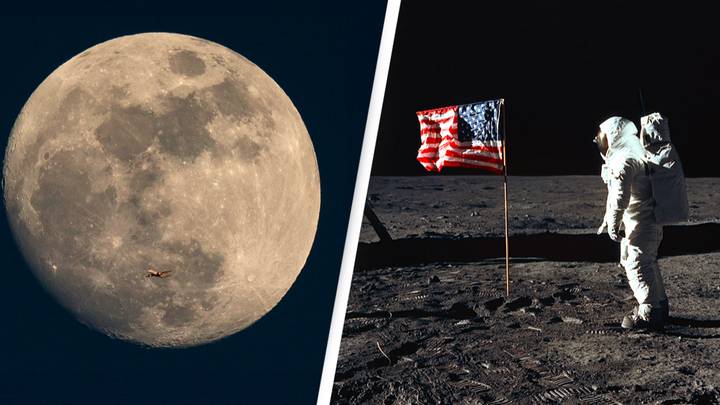
The race to explore and potentially exploit resources on the dark side of the Moon has intensified, with world leaders eyeing what could be billions of gallons of water. This valuable resource, if confirmed, holds significant implications for future space exploration and colonization efforts.
The Quest for Water:
Water is a crucial resource for sustaining life, as well as for producing rocket fuel and supporting future lunar habitats. Recent scientific discoveries have hinted at the presence of vast reserves of water ice in permanently shadowed regions of the Moon’s poles, particularly on the dark side that is never visible from Earth.

Implications for Space Exploration:
Access to water on the Moon could revolutionize space exploration by enabling the establishment of permanent lunar bases and serving as a refueling station for missions to Mars and beyond. Additionally, water can be split into hydrogen and oxygen through electrolysis, providing essential resources for life support systems and propulsion.
International Competition:
The prospect of accessing lunar water has sparked a new space race, with countries and private entities vying to establish their presence on the Moon. Nations such as the United States, China, Russia, and others are investing in lunar exploration missions to study the distribution and accessibility of water resources.
Legal and Ethical Considerations:

The rush to exploit lunar resources raises legal and ethical questions regarding property rights and environmental protection in space. International agreements such as the Outer Space Treaty govern the use of celestial bodies, but interpretations vary regarding the ownership and utilization of resources like water.
Collaboration and Cooperation:
While competition exists among space-faring nations, there are also opportunities for collaboration and cooperation in lunar exploration. Joint missions, scientific research initiatives, and resource-sharing agreements could pave the way for sustainable and responsible utilization of lunar resources.
The Future of Lunar Exploration:
As advancements in space technology continue, the race to the dark side of the Moon is expected to intensify. Whether for scientific discovery, economic gain, or the expansion of human presence beyond Earth, the quest for lunar water represents a pivotal chapter in humanity’s exploration of the cosmos. However, it is imperative that such endeavors are conducted responsibly and with consideration for the long-term sustainability of space exploration.
